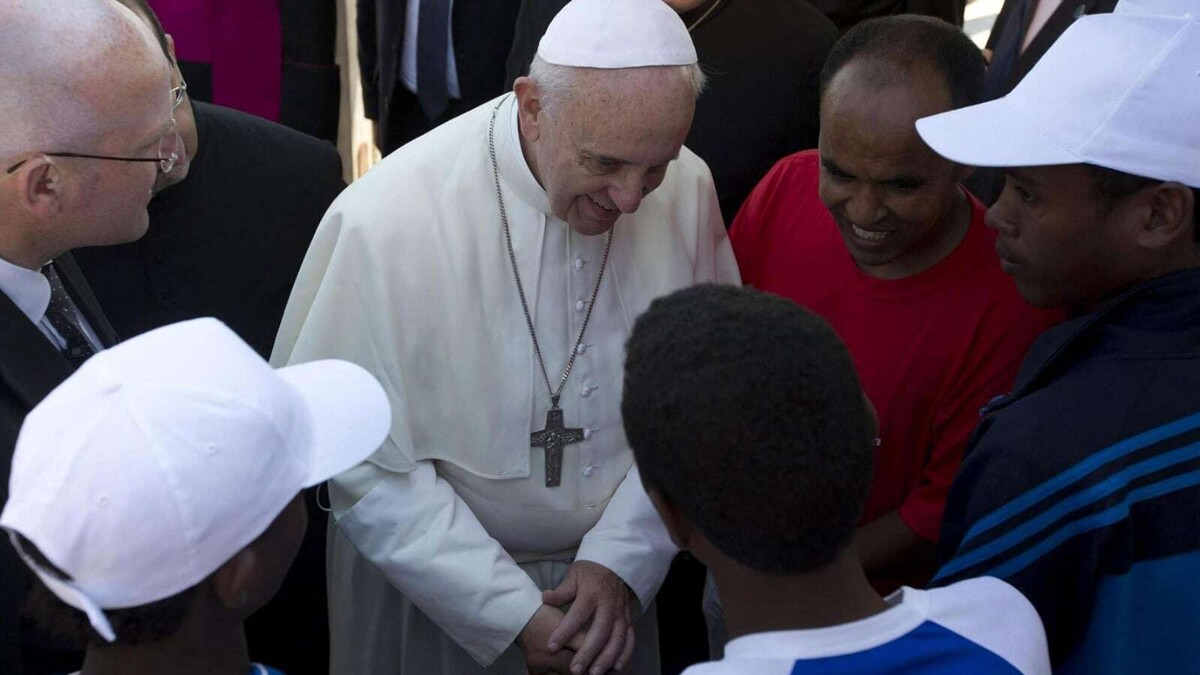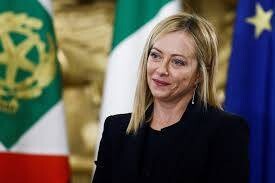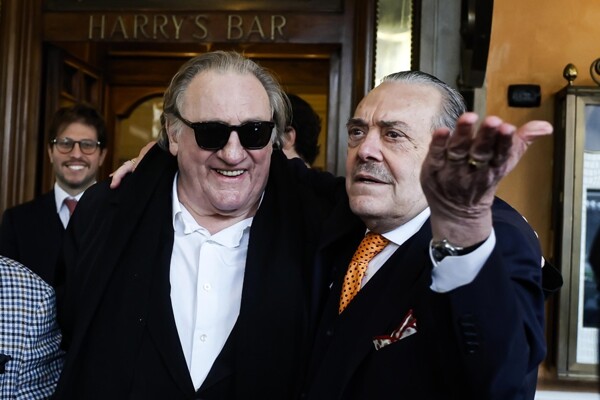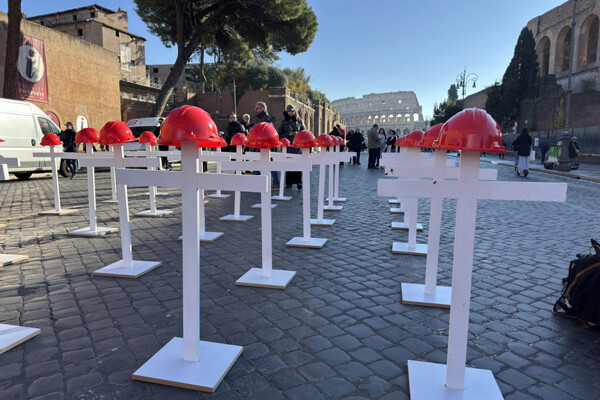
The bells of St. Peter's Square have rung in mourning for the death of the Pope, who came "from the ends of the earth" and marked a milestone in the Catholic Church with his humility. Jorge Bergoglio passed away at 7:35 AM Italian time, at the age of 88. As an Argentine Jesuit, he was close to being elected as Pope in 2005. He chose Joseph Ratzinger, considering him the right cardinal to succeed John Paul II.
Bergoglio was known as the Pope of mercy, migrants, and the marginalized. He rejected liberation theology and prioritized the missionary vocation of the Church. His legacy and permeability will be revealed with the appointment of his successor to the Chair of Peter.
After his death, it is expected that his body will lie in state in St. Peter's Basilica, where the presence of world leaders is anticipated. In an unusual act, he chose to be buried in the Church of Santa Maria Maggiore in Rome, not in the Vatican grottos.
The conclave to elect Francis's successor will take place in 15 to 20 days. Currently, Kevin Farrell, an Irish cardinal appointed by the Pope to carry out the funeral rites and the conclave, is temporarily leading the Church. The new Pope will be elected by 137 cardinals under the age of 80, requiring a two-thirds vote in the Sistine Chapel for his appointment.














